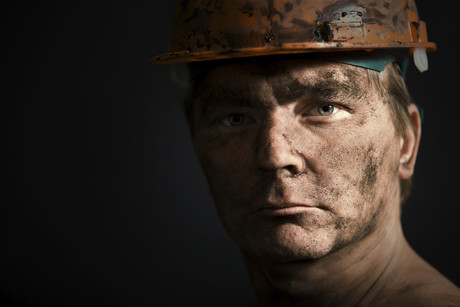FIFO miner mental health examined in new study

Research from Central Queensland University (CQU) will compare levels of depression and loneliness among Australian miners.
The study will examine resident miners as well as those who are categorised as fly in fly out (FIFO), drive in drive out (DIDO) and bus in bus out (BIBO).
Previous research studies have produced conflicting views on whether FIFO workers have higher rates of depression, anxiety and stress than their resident mine worker counterparts.
Unlike resident mine workers, FIFO, DIDO and BIBO workers have roster swings involving a fixed number of days at a work site or camp without their families.
“Research comparing the psychological wellbeing of FIFO to residential (non-FIFO) employees is scarce,” said CQ University Masters candidate Allys Johnson.
Her survey, which has been promoted via Facebook and through mining sector HR sections, aims to contribute to and extend the literature around the psychological wellbeing of FIFO employees.
“The proposed study will contribute to the small body of literature exploring the experience of depression symptomology and loneliness among FIFO, DIDO, BIBO and residentially employed Australian mining workers and the impact of roster compression on this experience,” Johnson said.
“This is particularly pertinent given the increase in the use of FIFO, DIDO and BIBO employment, the economic costs of mental ill health and the higher turnover of staff within the mining sector.
“In the Central Queensland region, this comparison of mine worker experiences is a pertinent topic for consideration given promotion of Rockhampton as a hub for the proposed Adani Carmichael Coal Mine.
“Many statements are made about the impact of FIFO, DIDO and BIBO lifestyles on the mental health of individuals and families but it is still an area that is poorly understood.
“I hope that the research can inform not just the local CQ mining sector but also nationally and therefore hope to recruit participants across Australia.”
Johnson is keen to gauge the influence of ‘roster compression’ — the ratio of time a worker is ‘on shift’ compared to ‘off shift’, in conjunction with working shifts of a duration of 10 hours or more.
The more days on compared with days off represents a higher rate of roster compression.
“Compressed hours are commonly used in the mining industry to ensure 24-hour production and allows for more consecutive days off than you would typically see in a traditional nine to five, Monday to Friday roster.
“Rosters in the mining industry vary greatly in configuration including even time, uneven time and ‘family friendly’.
“It is unclear how roster compression affects the mental wellbeing of workers and whether this varies for FIFO, DIDO and BIBO workers compared to residential workers,” said Johnson.
The survey can be completed via: https://www.surveymonkey.com/r/DepressionLonelinessAustralianMining.
Providing mental health support to young workers
Mental health is one of the leading reasons young workers do not finish their apprenticeships...
New psychology division supports organisational compliance
In recognition of the need to protect workers from psychosocial hazards in the workplace, Rehab...
Roof plumber dies after five-metre fall
The death of a 71-year-old roof plumber in October is currently being investigated by WorkSafe WA.







